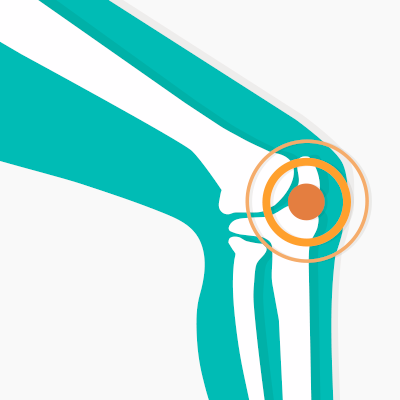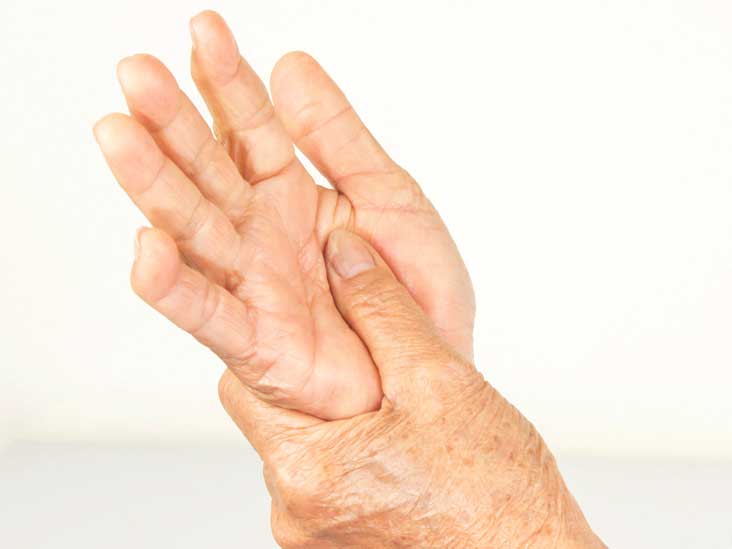Some aspects of health are visible on the outside. But below your skin, your hair, and your body fat percentage hide another, often-neglected part of your body that you can support (or destroy) with diet: your bones and joints. They don’t show up in before-and-after photos, but as anyone with runner’s knee or arthritis could tell you, the health of your skeleton has a huge impact on your quality of life.
The standard nutritional advice for “strong bones and teeth” goes something like this: drink lots of skim milk, eat lots of low-fat yogurt, and take a calcium supplement, and you’ll be golden. And mainstream nutrition has almost nothing at all to say about joint pain and joint disorders. But is this really good advice?
Not from a Paleo perspective. There’s a lot more to bone health than calcium, and diet actually is important for joint pain! So what really is important for good bone health, and how can you make sure your skeleton stays happy? When you look at all the evidence, Paleo isn’t perfect, but it sure beats the calcium overload.
Calcium and Bone Mineral Density
Let’s start with the one thing “everyone knows” about bones: to keep them strong, you need a lot of calcium. It’s true that a large percentage of your bones by weight is made up of minerals, calcium included. If those minerals are deficient in your diet, your body will make up the lack by leaching them out of your bones, and your bone mineral density (the amount of minerals present in your bones) will decrease.
Just judging from this, calcium seems like a no-brainer when it comes to avoiding bone density diseases (osteoporosis and osteopenia). More calcium equals denser, stronger bones, which reduces your risk of fracture…right?
Unfortunately, this theory really doesn’t hold water. First of all, calcium isn’t the only factor – or even the major factor – that accounts for increased bone mineral density. Take a look at these two studies:
- This study found that bone mineral density shows little variation with calcium intakes that range between 400 and 2000 mg per day (for reference the recommended daily value is 1000-1200mg). Going substantially over or under the official target had little noticeable effect.
- Calcium also has risks: In this study, for example, women who were randomized to calcium supplements (1000mg) or placebo; the women taking the supplements had a significantly increased risk of cardiovascular events.
The upshot: higher calcium intake does not necessarily correspond to better bone mineral density, and it may even have risks.











